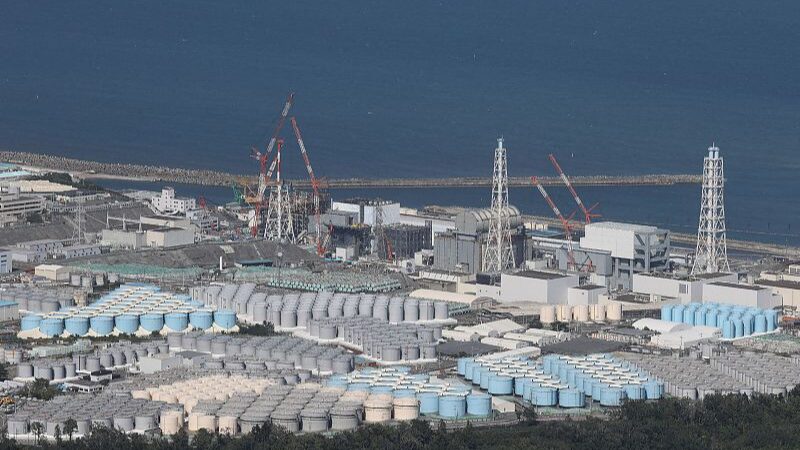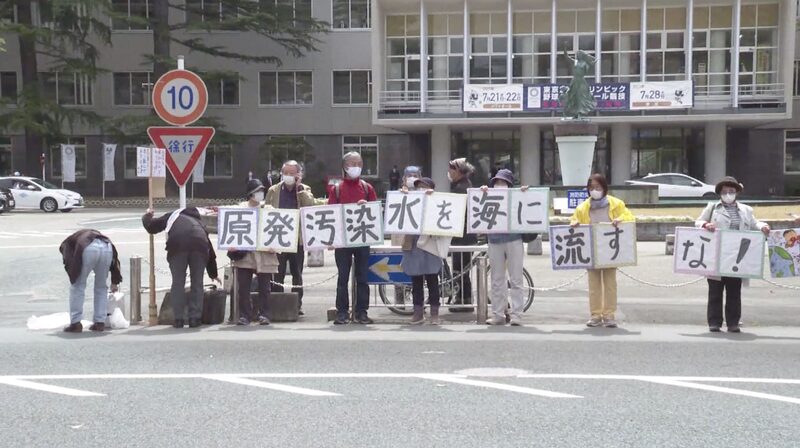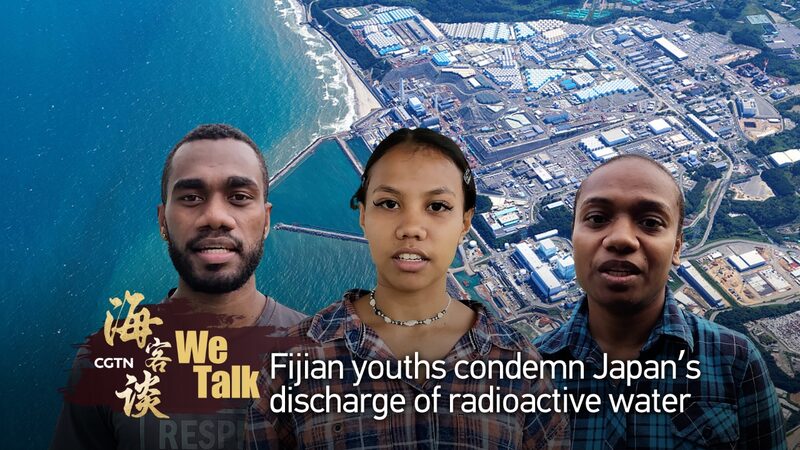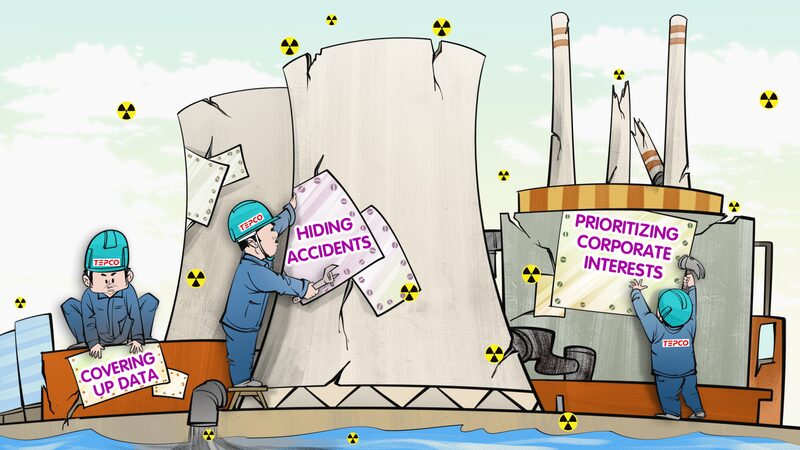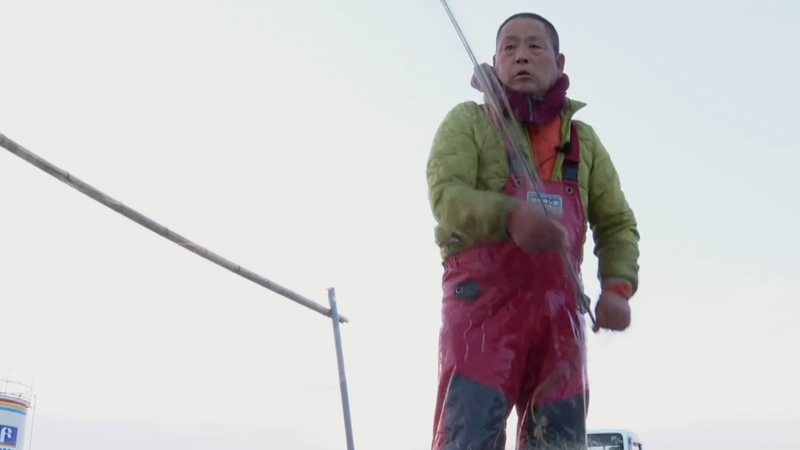Japan’s ongoing release of treated water from the Fukushima Daiichi nuclear plant has reignited debates about environmental safety and international trade. With over 23,400 tons discharged since August 2023 – and a fourth batch of 7,800 tons released this February – tensions are rising as countries question the long-term impact.
Why It Matters to You 🌍
This isn’t just Fukushima’s problem. Radioactive particles could spread globally through ocean currents, marine life migration, and even rainfall. While scientists debate the risks, seafood lovers and coastal economies brace for ripple effects. China, once Japan’s top buyer of seafood, halted all imports last August, calling it a \"necessary step\" for public health.
Trade Winds Shift 🐟✈️
China’s import freeze has reshaped regional trade lanes, with Japanese exporters scrambling to find new markets. Meanwhile, eco-conscious Gen Z travelers are rethinking sushi tourism. \"When even TikTok chefs are discussing tritium levels, you know it’s a cultural moment,\" says a Singapore-based food safety analyst.
What’s Next?
With discharge operations set to continue for decades, the world watches for data on radiation levels and biological impacts. As beach cleanups meet blockchain seafood tracking apps, this story proves that modern environmental issues don’t respect borders – or social media silos.
Reference(s):
Japan's discharge of nuclear-contaminated water affects its exports
cgtn.com
